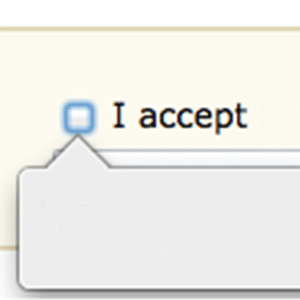Being cyber aware is a hard trait to acquire, especially when we have other online qualities and habits deeply ingrained in our system. These habits have become a norm, and almost every individual ignores the threats they pose. Here is a list of things that you might be doing every day which are a threat to your online security.

我们的设备最棒的一点是,它们能在更新推出/可用时更好地提醒我们。由于缺陷和漏洞会定期被检测到,更新的可用性也是如此。因此,你会收到大量关于特定更新的通知,以至于你觉得很烦。接下来你会怎么做呢?你会将通知静音。这种习惯意味着你会错过重要的更新和补丁,因此一旦系统或应用程序中的漏洞被利用,你的系统或应用程序就会面临风险。
设备无人看管
This applies to computers and smartphones; most people are victims of this habit. For example, you have been working all day, and you decide its time to take a quick break or even get some fresh air. Since it’s a short break, you forget to lock your computer as you do not want to enter your long password again. But it takes a moment for a malicious person to load malware into your device and begin to wreak havoc. Before leaving your device behind, make sure it’s locked.

Almost every service, account or programs that are on the internet have a section of Terms of service. For instance, when signing up for let’s say a social media account, there’s a checkbox/button below these words, “by continuing, means you have read and understood our terms of service.” Usually, there’s a link in the words, ‘terms of service’ that when clicked, will open the terms of service page. But since you might be eager, and in a hurry to use the service, all you end up doing is agreeing to what you don’t know. You risk your online data since some of the services have stated in their terms that they have a right to retain your data, track you and even may allow third parties to access it. Other services collect your device fingerprints, and other can delete your account without prior notice.
使用社交媒体登录名在其他网站注册
When presented with; register using your email or with Facebook/Google, you are likely to choose with Facebook/Google or another available social media site. This is understandable because using social media logins is convenient, faster and you don’t have to remember passwords. But there are two major problems with this type of login.
First, if your social media account gets hacked, the hackers will have access to all the other linked accounts. Second, the other accounts also have partial access to your personally identifiable information which you would like to keep private elsewhere.
不小心/意外张贴
你可能听说过这样一句话:"互联网永远不会忘记"。这句话确实没错,因为即使你删除了在互联网上发布的内容,它仍然会留在互联网上。它可能不会出现在你发布的网站上,但会出现在其他几个互联网缓存上。例如,这里有一个通俗易懂的例子,memes。你发布了一张照片,做了一些有趣但不恰当的事情,一些meme 制作者看到后就会在全球范围内流行你的照片。这意味着,从一个网站上删除它无济于事。因此,如果你不想让自己的信息在网络上传播,首先就不要考虑发布这些信息。
Not using a VPN
The P in VPN stands for Private; a VPN will not only keep your information secure, but it will also keep your identity hidden when you are online. This minimizes a lot of internet threats from malicious people that are after your data.


